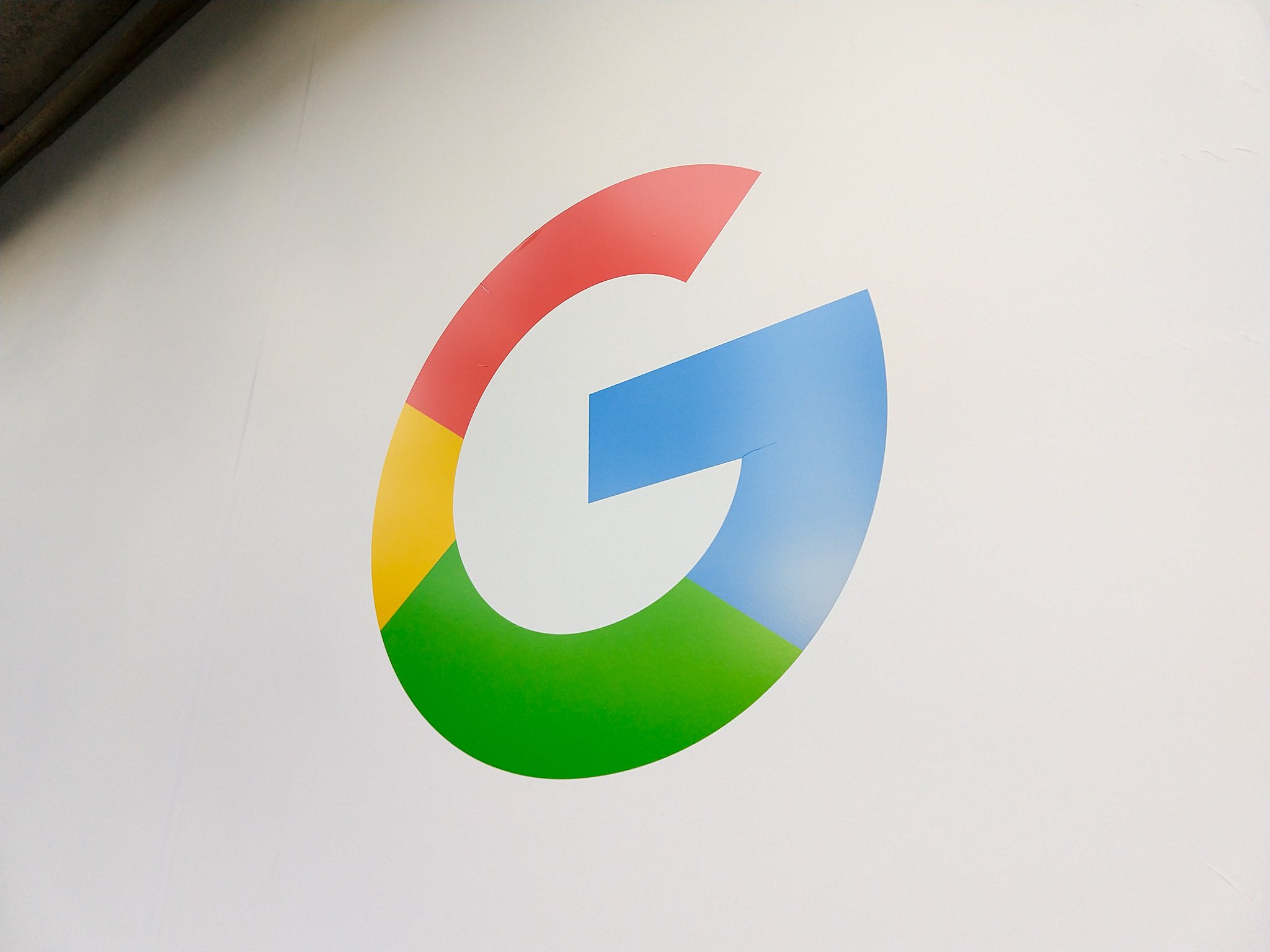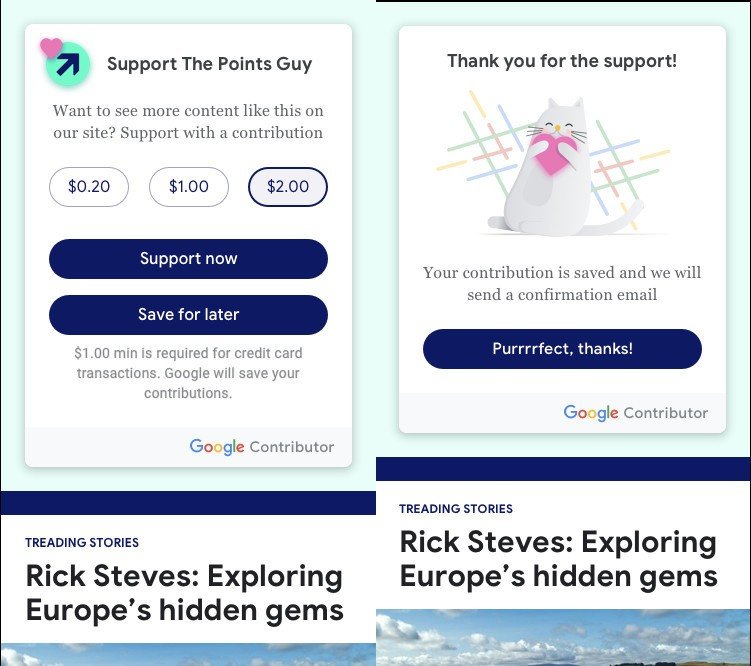To support creators, Google was working on a direct site donation feature before deciding against it

What you need to know
- Google was testing a tipping feature for sites as part of an extension to its Google Funding Choices and Contributor services.
- The feature would have let users donate from 20 cents to up to $5 to sites ranging from large organizations to small independent artists.
- The company eventually decided not to continue developing this feature.
Google was working on a new tipping feature for websites as part of an extension of the now-defunct Google Contributor service. The company would have allowed users to make one-time donations ranging from 20 cents to $5 to support creators. This would have ranged from big corporations like the New York Times to sites owned by independent musicians and artists.
The goal of the new service was to encourage users to donate money and reward sites and their creators for making content they enjoyed.
Google confirmed that the designs were of an internal idea it explored last year but decided not to pursue as part of Contributor and Google Funding Choices, which lets sites ask visitors to disable ad blockers, or instead buy a subscription or pay a per page fee to remove ads. Google shared the idea with a handful of publishers in a request for feedback. The company decided to prioritize other products, including a way for sites to request consent to personalize ads using their data amid strengthened regulations like GDPR.

In response to this story, Google gave TechCrunch the following statement:
We recognize that there isn't a single business model that works for all publishers today and think it's critical to explore new technologies that can help publishers make more money. Funding Choices is a great example of a product we have invested in significantly and will continue to evolve to support publishers and their monetization strategies.
It's interesting to think about a world where Google offered a Patreon-like feature for creators. Critics of traditional funding choices like ads often point to the intrusiveness and disruptiveness of the format, while paywalls are often criticized for contributing to subscription fatigue.
It's unclear whether Google's effort would have resulted in a significant market shift, but this is likely one of those situations where the right answer will only become visible in hindsight.
Get the latest news from Android Central, your trusted companion in the world of Android

